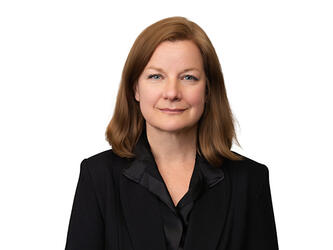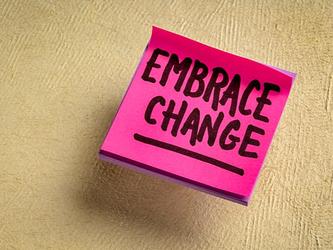ONS and Alan Turing Institute to work together on economic data
The partnership will initially run for two years. ONS economists, analysts and data scientists will work closely with a team of Turing researchers.
One of the projects the partnership will focus on is understanding economic networks. The research will use data science techniques to offer insights about transactions between companies almost in real-time, which will help the ONS to better understand the impact of seasonal patterns and events such as the pandemic or Brexit on the economy.
Another project aims to create economic models that track changes in retail prices, household spending and income at a detailed local level.
Through the partnership, the ONS and The Alan Turing Institute will also develop tools to allow for the sharing of private datasets with more stakeholders, using synthetic data generators for sensitive data.
Professor Sir Ian Diamond, UK national statistician, said: "For some time now we’ve been combining ‘faster’ data from multiple sources, allowing us to rapidly track important changes in our economy in near-real-time and produce stats with deeper insight. The pandemic has turbocharged this kind of work and demonstrated just how vital it is.
"Our new partnership with The Alan Turing Institute will be key as we continue this journey to harness the power of new forms of data. Together we aim to provide higher quality, more detailed and much faster estimates of changes in our economy and society to help inform policy and improve lives."
Adrian Smith, institute director and chief executive of The Alan Turing Institute, added: "This new strategic partnership gives us a new opportunity to work closely with ONS to provide timely insights enabling data driven decisions with the potential to improve our socio-economic wellbeing."

We hope you enjoyed this article.
Research Live is published by MRS.
The Market Research Society (MRS) exists to promote and protect the research sector, showcasing how research delivers impact for businesses and government.
Members of MRS enjoy many benefits including tailoured policy guidance, discounts on training and conferences, and access to member-only content.
For example, there's an archive of winning case studies from over a decade of MRS Awards.
Find out more about the benefits of joining MRS here.














0 Comments